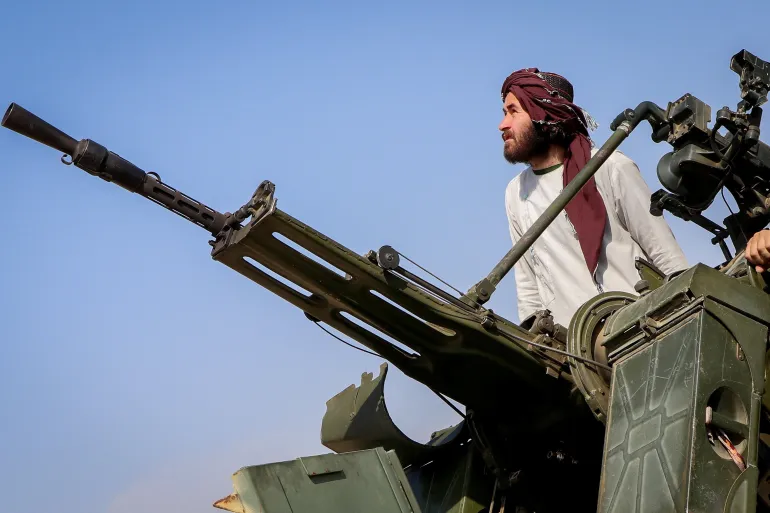By Daniel O’neil/ANW
November 19, 2025 – Madison Square Garden, New York

Jeremy Fears Jr. (1) of the Michigan State Spartans goes to the basket as Jasper Johnson (2) of the Kentucky Wildcats defends.
In the glitzy glow of Madison Square Garden, where the Champions Classic once promised a clash of titans, Michigan State delivered a sobering reality check to Kentucky on Tuesday night.
The Spartans dismantled the Wildcats, 83-66, in a game that felt less like a marquee matchup and more like a seminar on the soul of college basketball. Trailing by as many as 24 points, Kentucky never threatened after an early flicker, exposing not just tactical flaws but a deeper philosophical rift tearing at the sport’s fabric.
The scoreboard told one story: Michigan State’s opportunistic shooting, rebounding dominance (42-28), and Jeremy Fears Jr.’s virtuoso 13-assist night.

Michigan State Spartans Trey Fort (9) guards Kentucky Wildcats Collin Chandler during the second half at Madison Square Garden.
The Spartans, who entered the game ice-cold from beyond the arc at 21.7% (just 13 threes across their first three outings), erupted for 11-of-21 from deep against a Wildcats defense that might as well have been auditioning for a blooper reel.
Kentucky, meanwhile, clanged 22 three-point attempts, managed a paltry six makes, and watched as Tom Izzo’s squad turned their vaunted $22 million NIL-fueled roster into a punchline.
But peel back the box score, and this was no mere upset—it’s a referendum on how the game is played in 2025. Kentucky arrived in style, with guard Otega Oweh flashing a $1,200 Amiri jacket that screamed big-league swagger.
Their roster, a glittering assembly of transfers and blue-chippers chasing paydays, embodies the NIL revolution’s promise: star power without the grind.

Kentucky Wildcats head coach Mark Pope reacts during the second half against the Michigan State Spartans.
Mark Pope’s squad boasts talent that could stock an NBA practice squad, yet they’ve stumbled to 3-2, with wins over sub-300 KenPom teams and a humiliating loss to rival Louisville last week.
Pope, the affable ex-BYU coach navigating his first rocky season in Lexington, cut a figure of quiet torment postgame.
Emerging from a 45-minute locker room huddle, he oscillated between fury and fatalism. “Disappointed, discouraged, discombobulated,” he said, the alliteration masking a team’s fractured identity.
Injuries sidelined point guard Jaland Lowe, but Pope waved off excuses, insisting the issue runs deeper.
“Your identity isn’t about an individual; it’s about a collective,” he preached, flanked by shell-shocked stars Malachi Moreno and Oweh, who looked as if their meal money had vanished.

Michigan State Spartans head coach Tom Izzo leads his team to a comfortable win against the Kentucky Wildcats in New York.
The Louisville debacle lingers like a bad hangover. Pope hinted at a pregame “out-of-character” incident—vague enough to ignite Big Blue Nation’s paranoia engines, but pointed enough to suggest locker-room discord.
No rival pranks, he clarified with a Taylor Swift quip, but the speculation swirls: Is it NIL greed eroding buy-in? Transfers clashing cultures? Or just young egos in a pressure cooker?
Contrast that with Michigan State, where Izzo’s old-school ethos thrives amid the chaos. The Spartans’ roster isn’t a mercenary collective; it’s a homegrown harvest.
Four-year seniors Carson Cooper and Jaxon Kohler anchor the frontcourt, three-year vets like Coen Carr grind alongside redshirt Jesse McCullough, and even bench spark Kur Teng— a top-60 recruit who logged just 3.1 minutes last season—returned for his shot, erupting for 15 points.
Kohler tallied 20, Cooper and Carr each snagged six boards, and the bench? They erupted in a “De-fense!” chant straight out of a pee-wee league, clapping like kids at recess.
Izzo, the grizzled maestro who’s outlasted eras, didn’t drop $22 million on his squad—or even $10 million, by most estimates. He recruits patience, not portals.
“They’re homegrown and play for the name on the front of the jersey,” Izzo growled postgame, tempering his disdain for the “transactional” game with a rare grin.
“How about 100 frickin’ percent?” It’s a model under siege: Why toil for minutes when cash flows elsewhere? Yet on this night, loyalty trumped loot.
Michigan State shot the lights out, not because they bought the gym, but because they believed in the blueprint.
Kentucky’s Collin Chandler punctuated the rout with a defiant “ice in my veins” shimmy after a meaningless three—down 19 with two minutes left.
Cute, but symptomatic: Individual flair over team fire. Pope called it a “terrifying process,” one that could galvanize or gut his group.
“You either get it done or you don’t,” he said, echoing the brutal truth of sports. At 3-2, with questions mounting, the Wildcats’ NIL experiment feels like a promissory note bouncing hard.
It’s early November, and tides turn fast. Kentucky could rediscover rhythm; Michigan State might revert to three-point anemia.
But this drubbing lingers as a cautionary tale. As college hoops hurtles toward House v. NCAA reckonings and gambling scandals (see: the NCAA’s ticking clock on proposed betting rules), the divide sharpens.
One side chases championships with checkbooks; the other builds them with bonds. Izzo’s Spartans (now 4-0) exited basking in unity. Kentucky slunk out in crisis, their designer threads no shield against the chill.
In the end, the Beatles nailed it six decades ago: Money can’t buy love—or, apparently, a lockdown defense.
As Pope rebuilds his collective, and Izzo savors his stubborn success, the question hangs: Can the Wildcats find heart amid the hype? Or will the portal’s pull prove college basketball’s undoing? For now, Madison Square Garden whispers a warning: Talent talks, but team time wins.
Discover more from AMERICA NEWS WORLD
Subscribe to get the latest posts sent to your email.
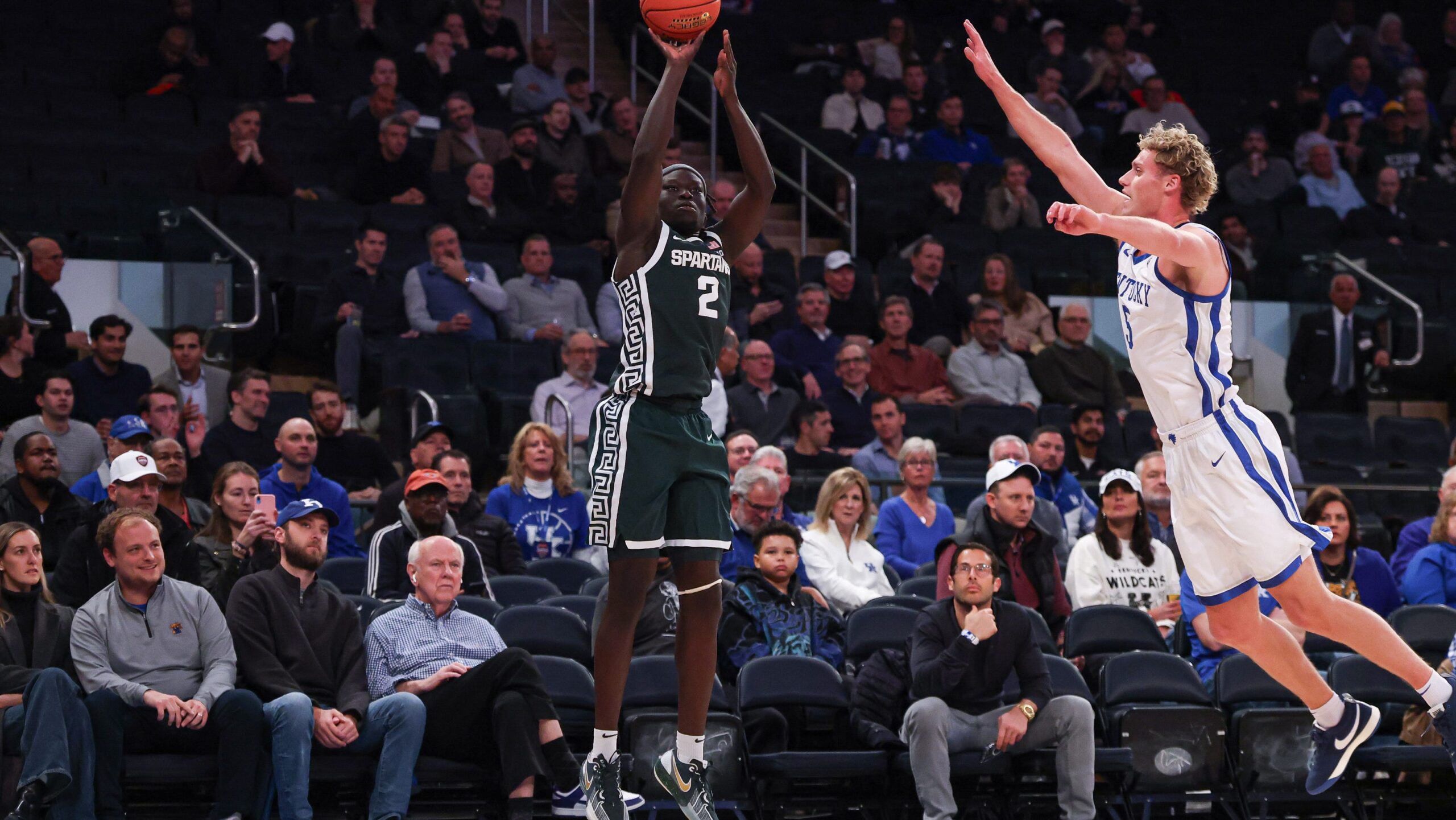
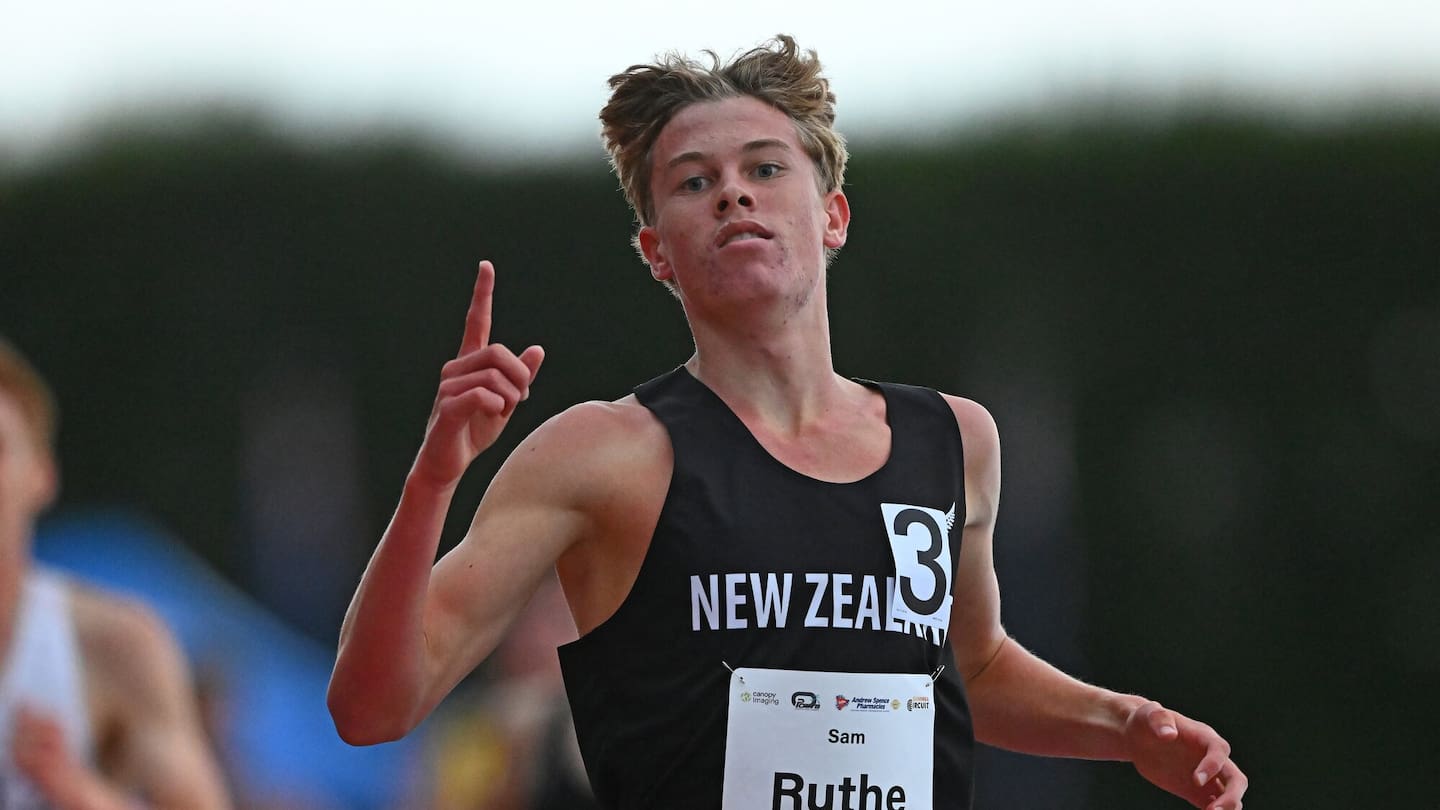
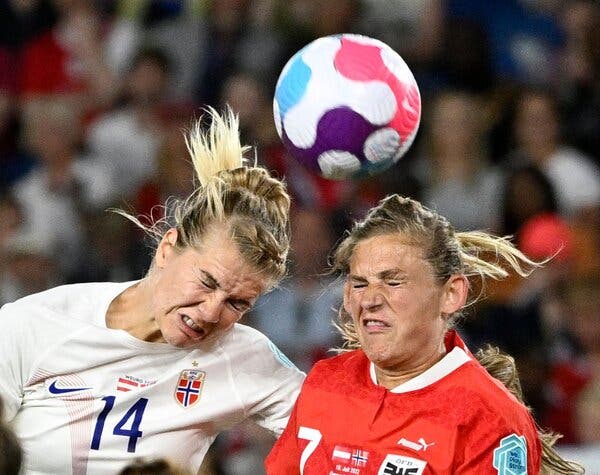
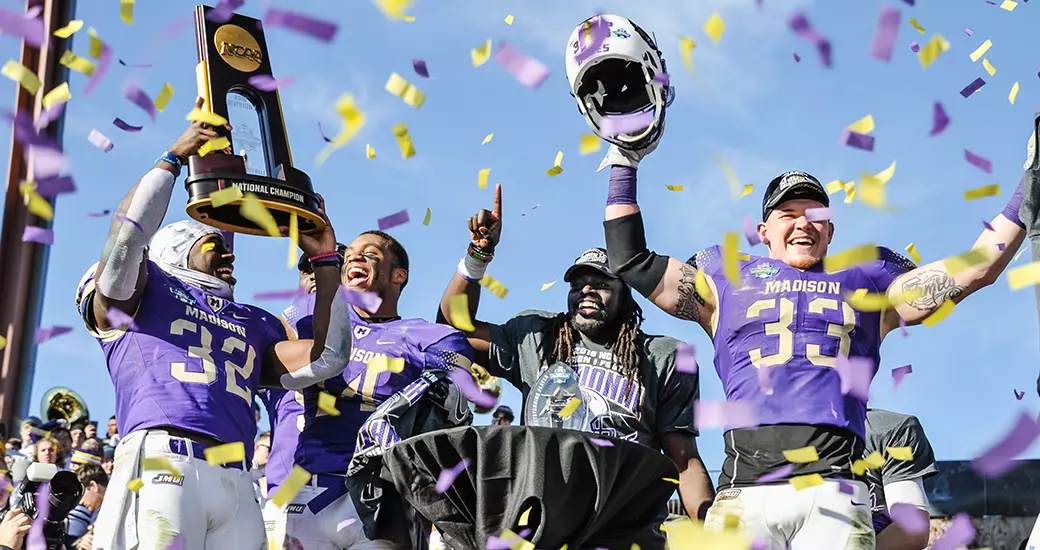
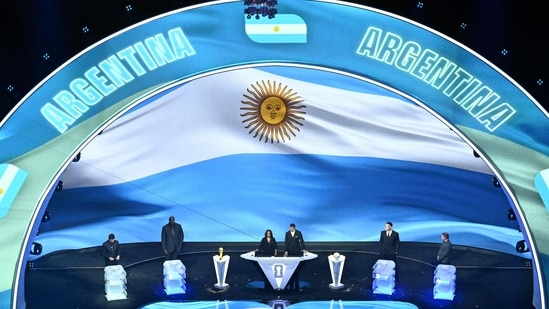
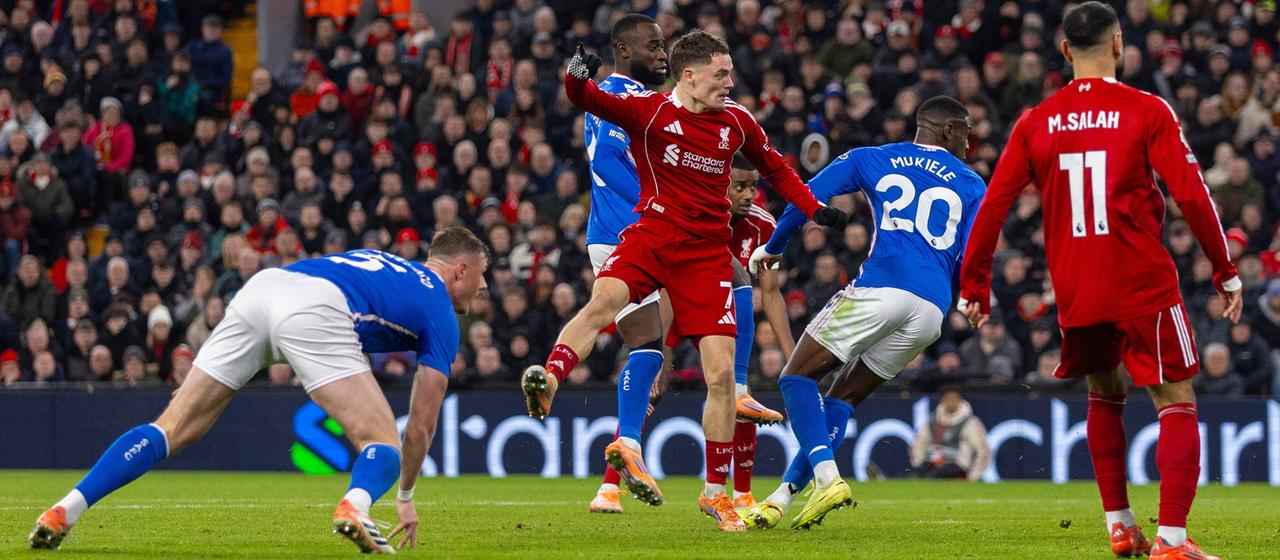
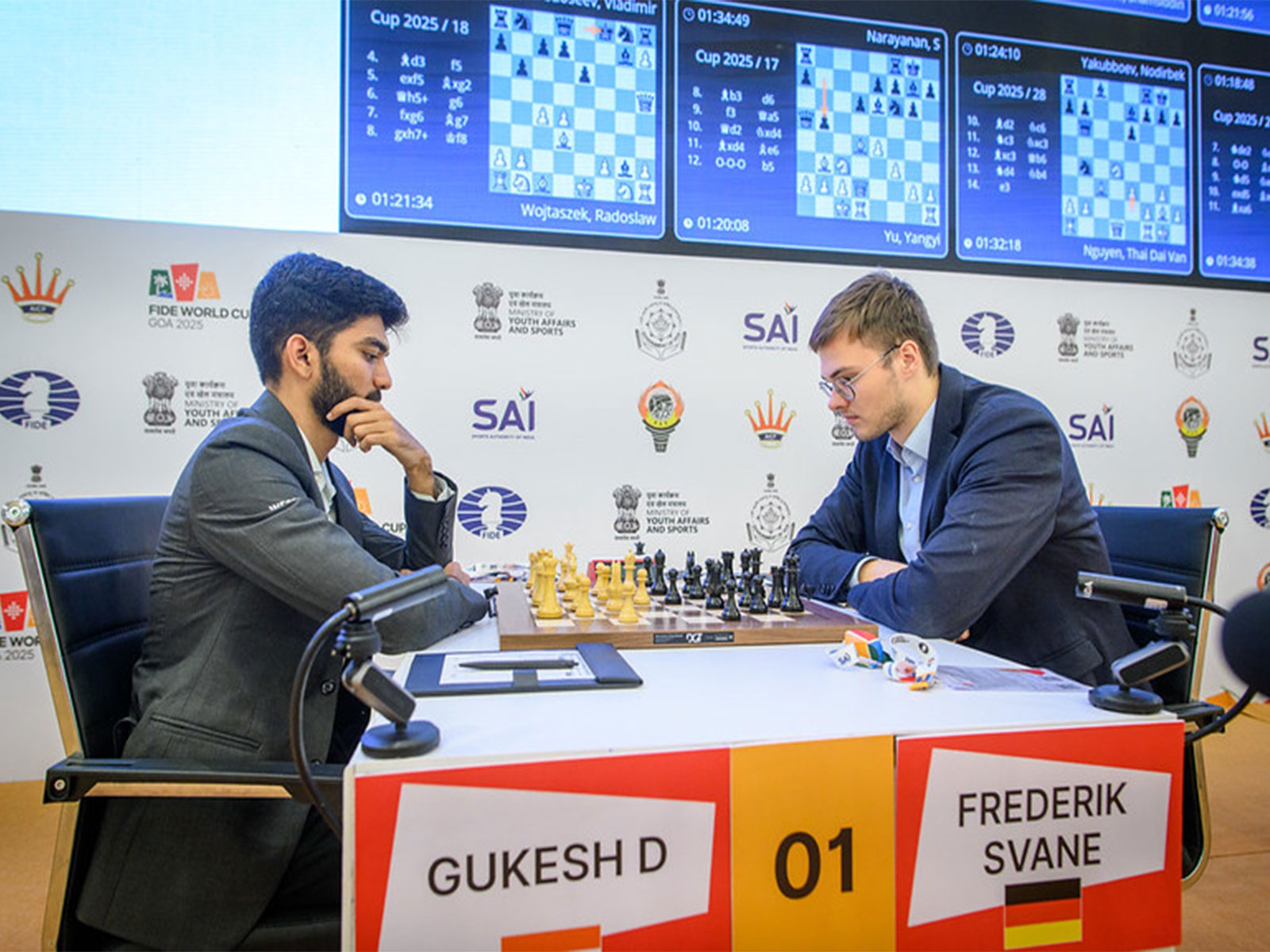
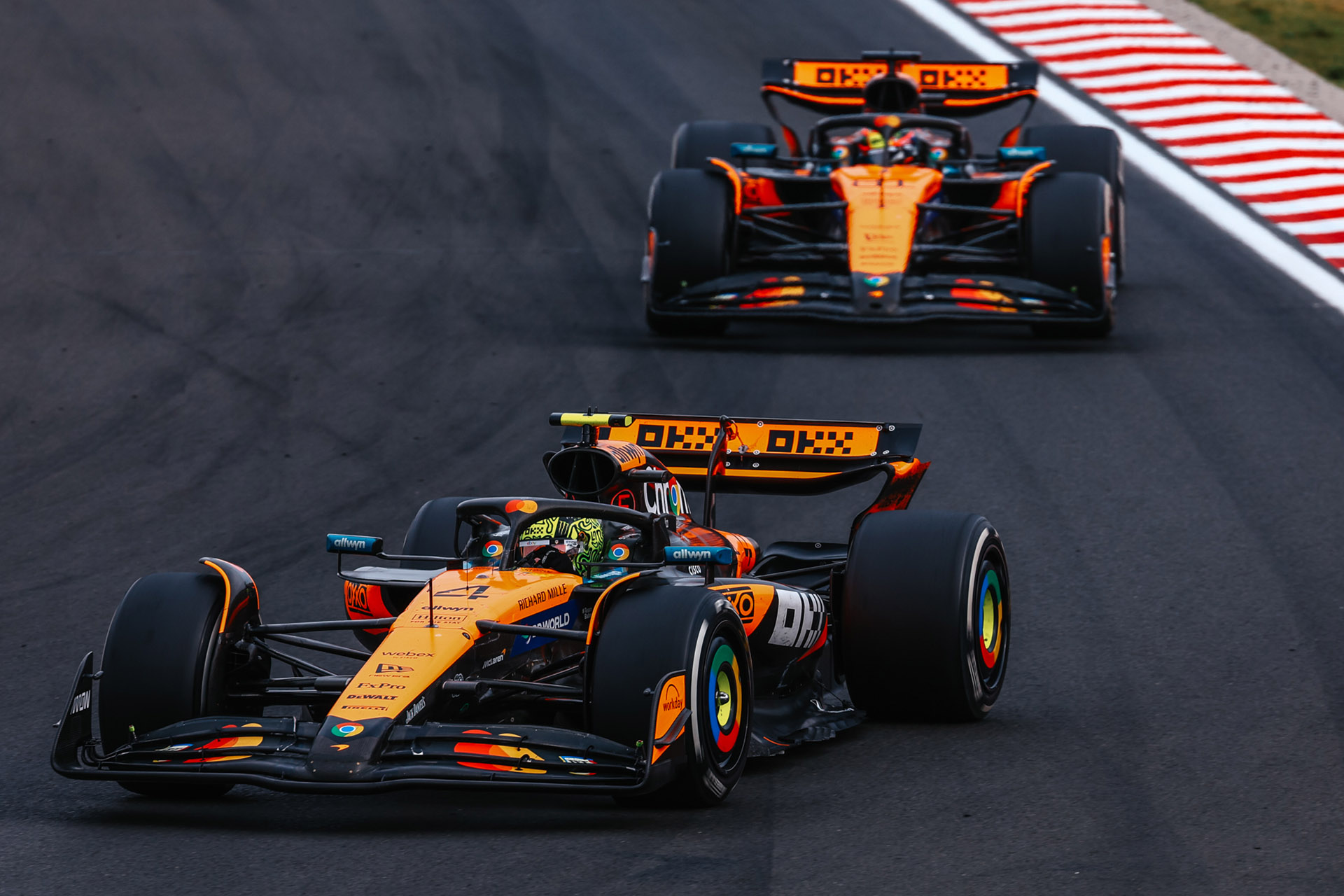
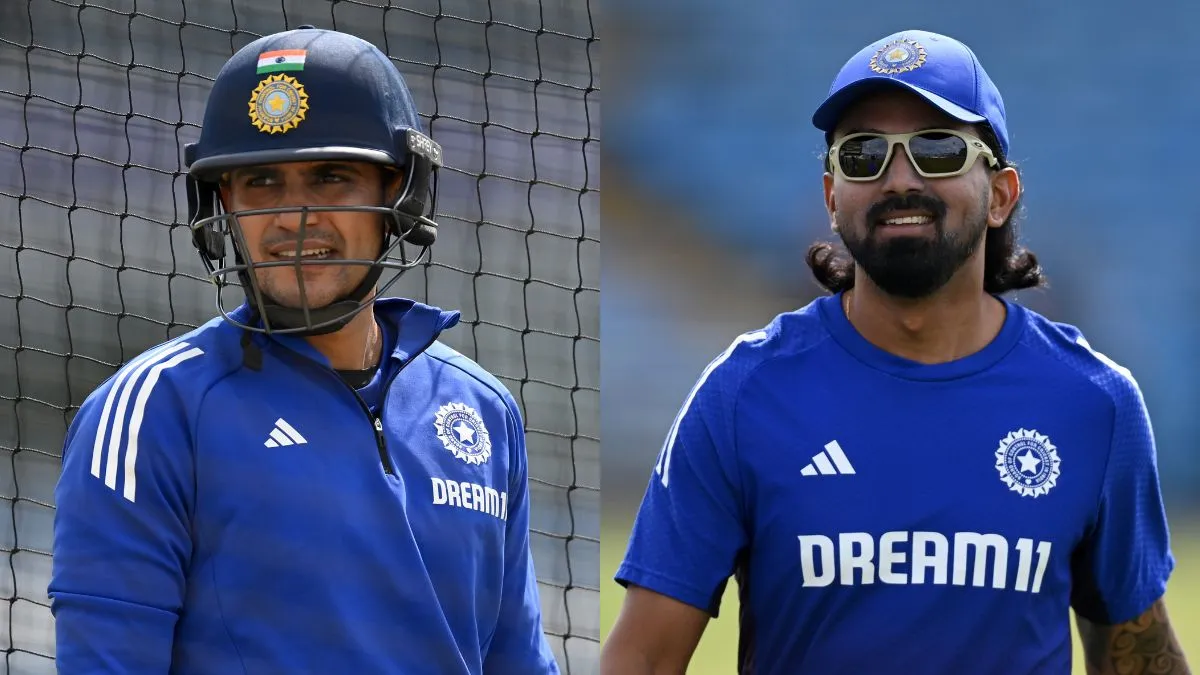
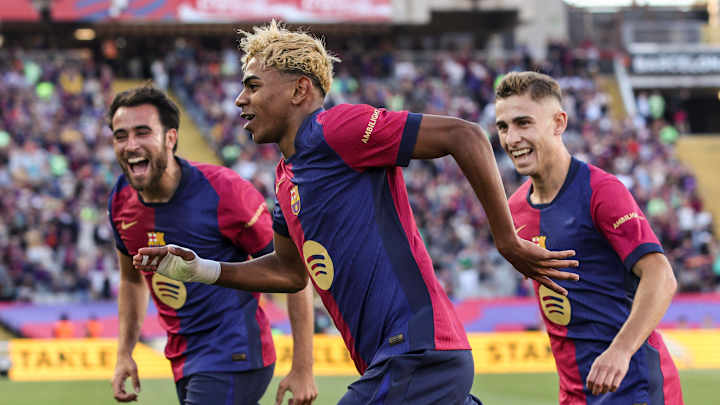
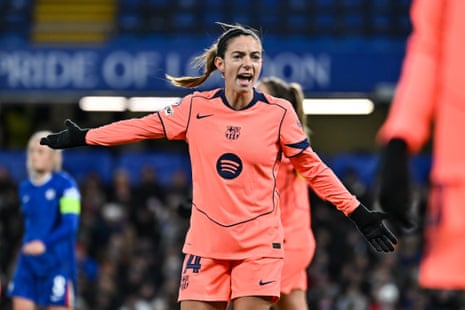
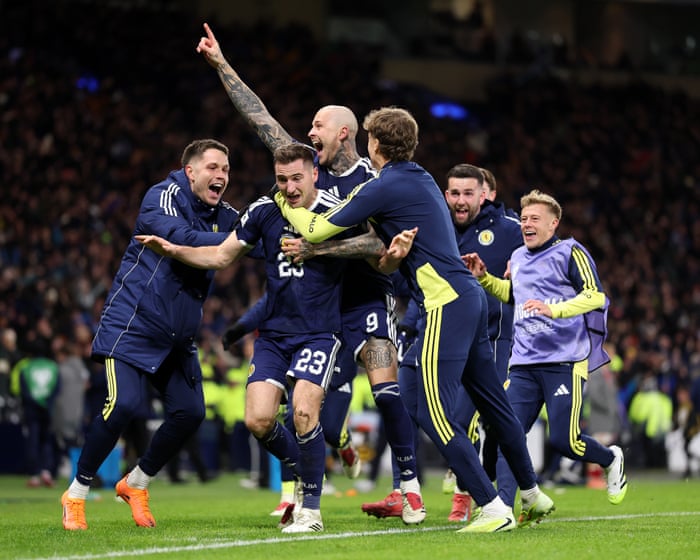

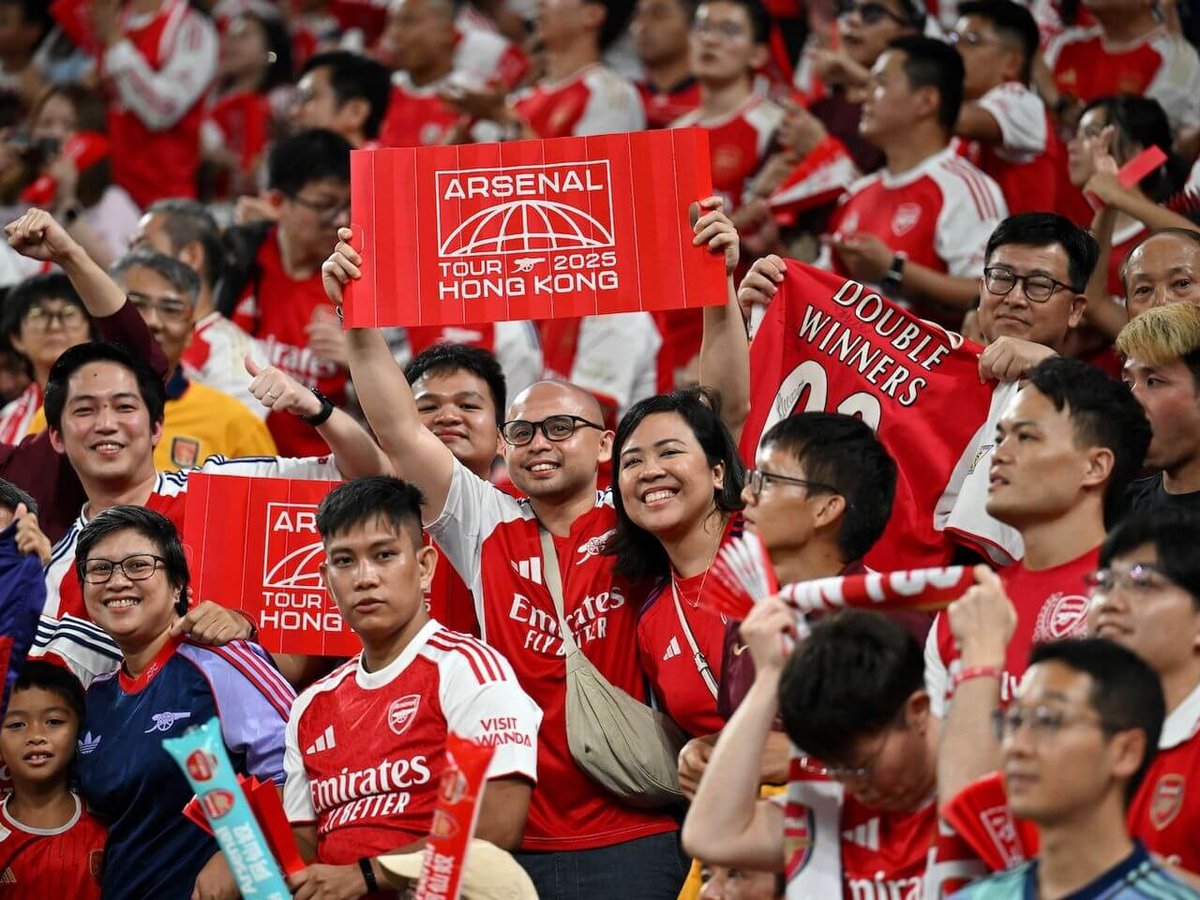
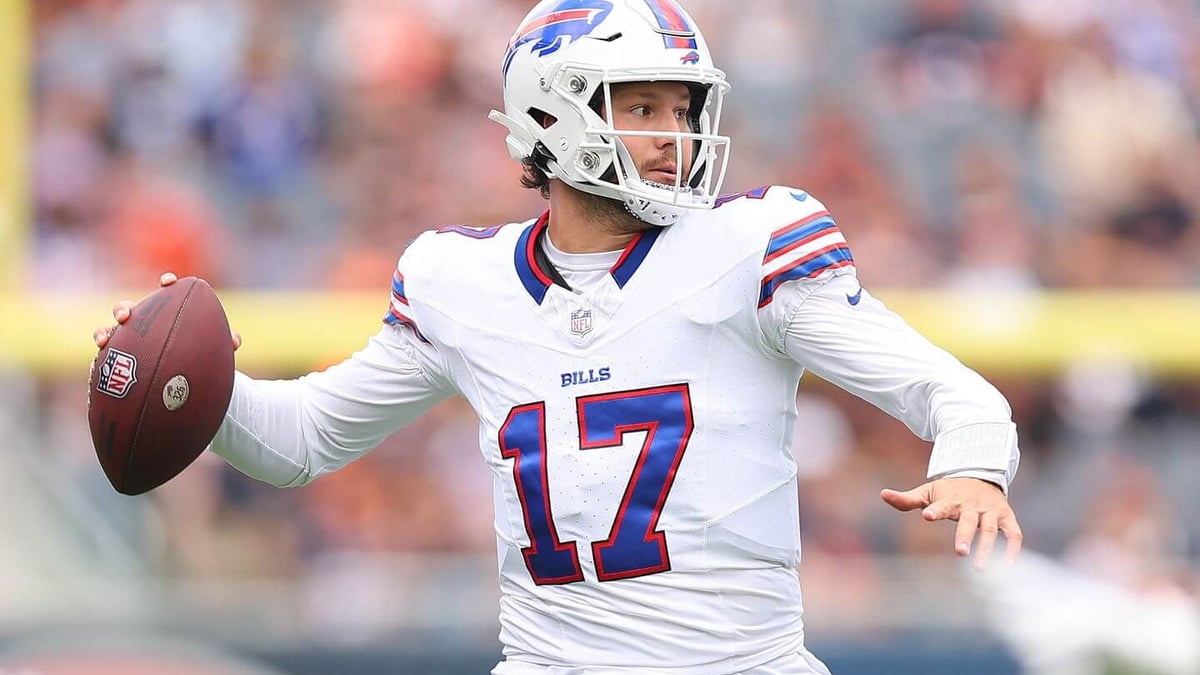
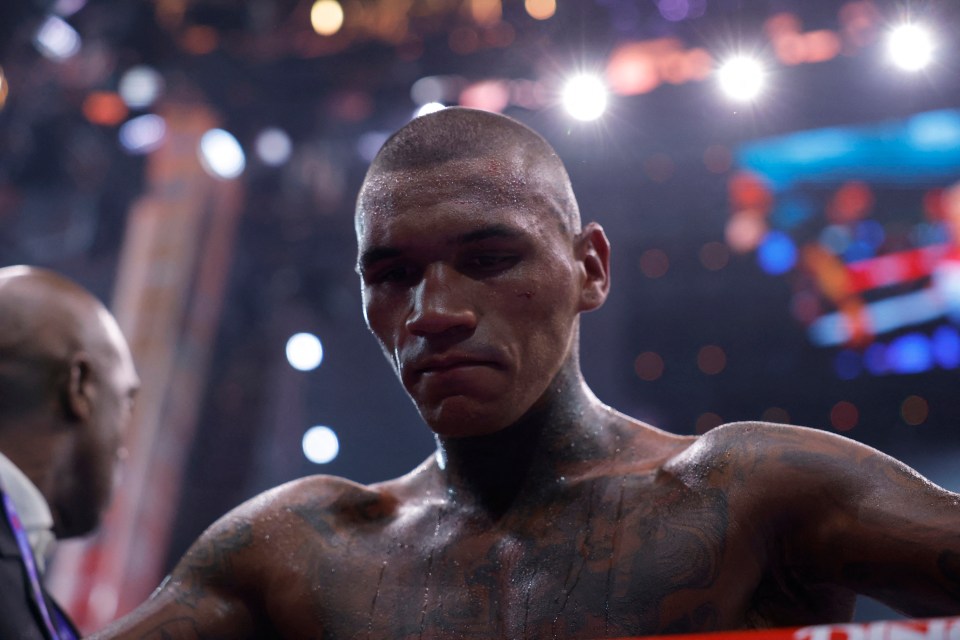

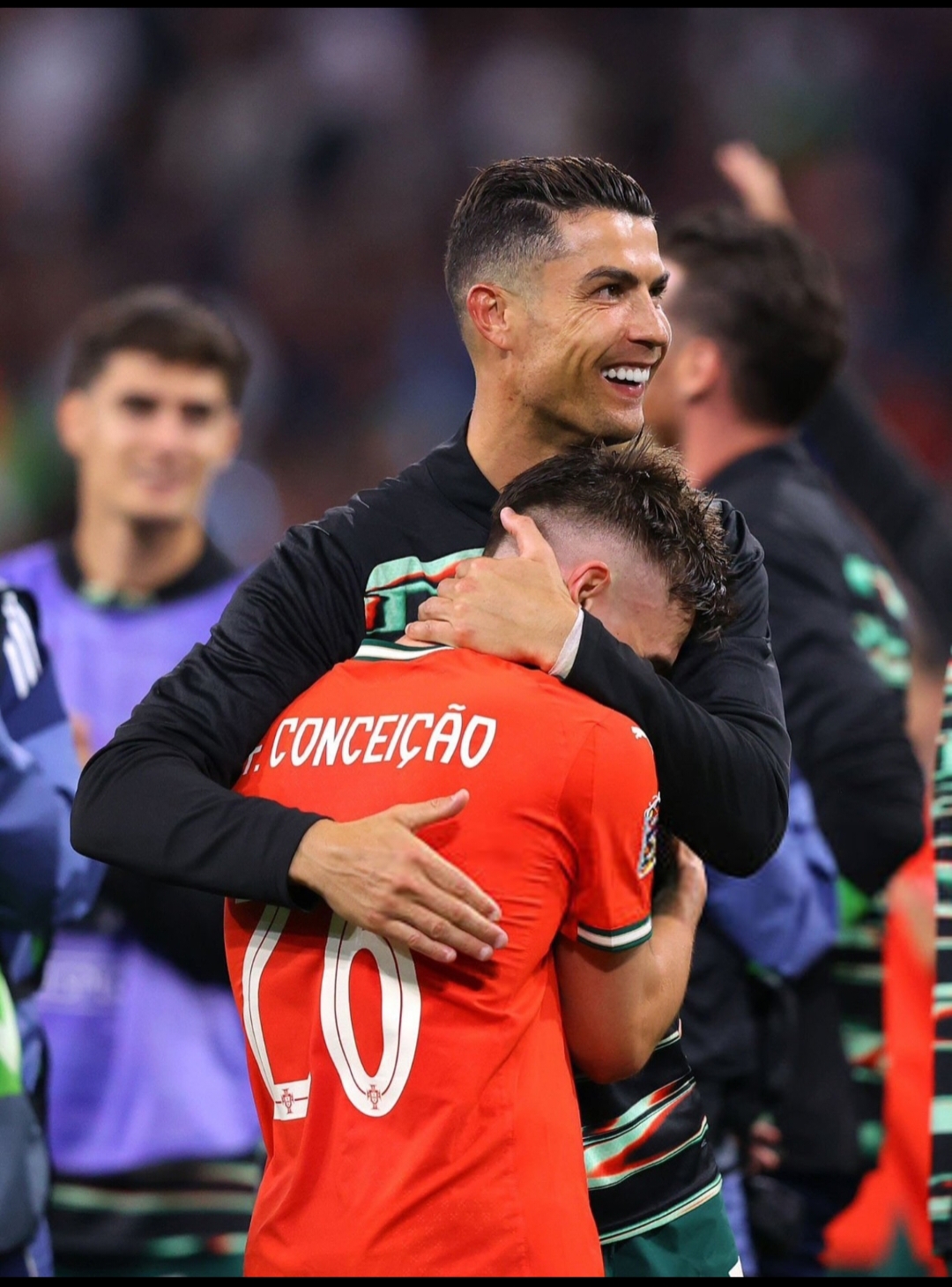
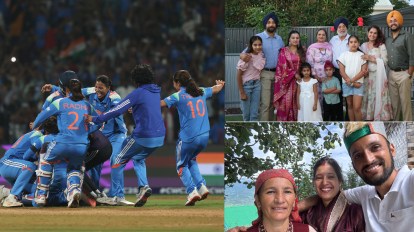
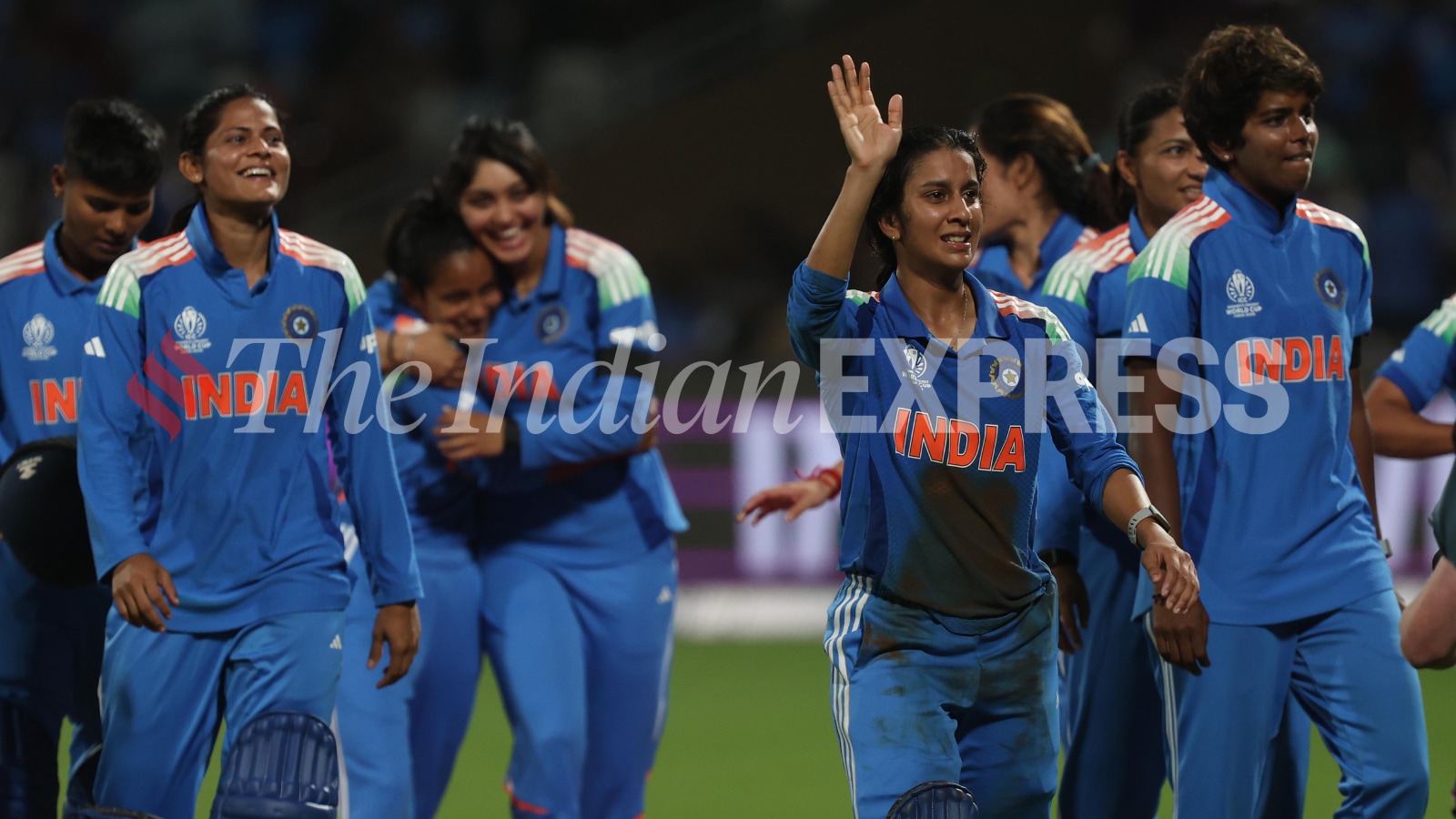
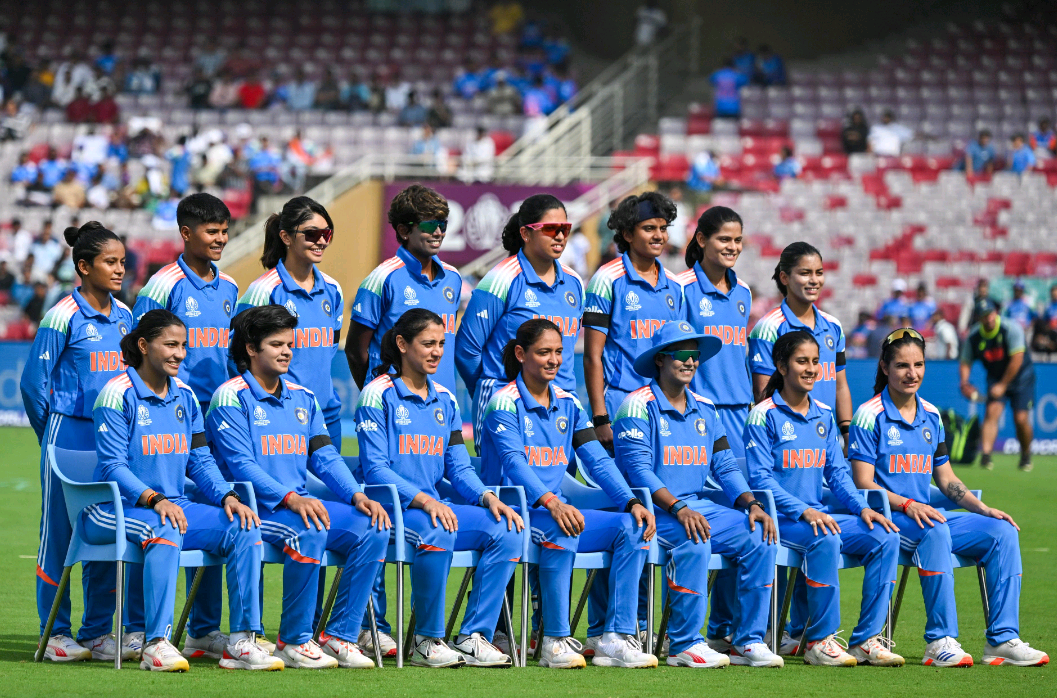
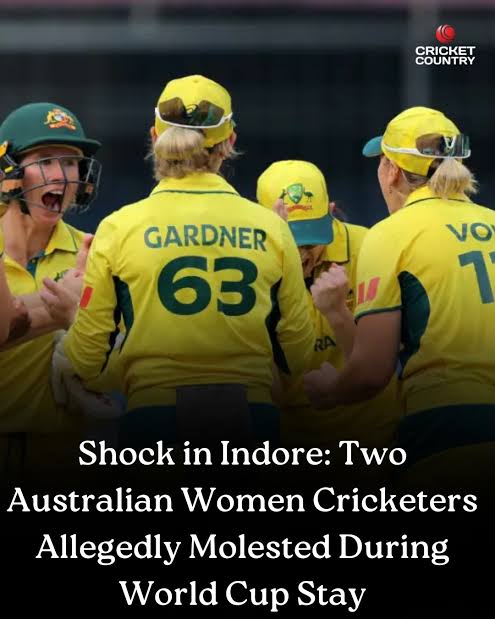
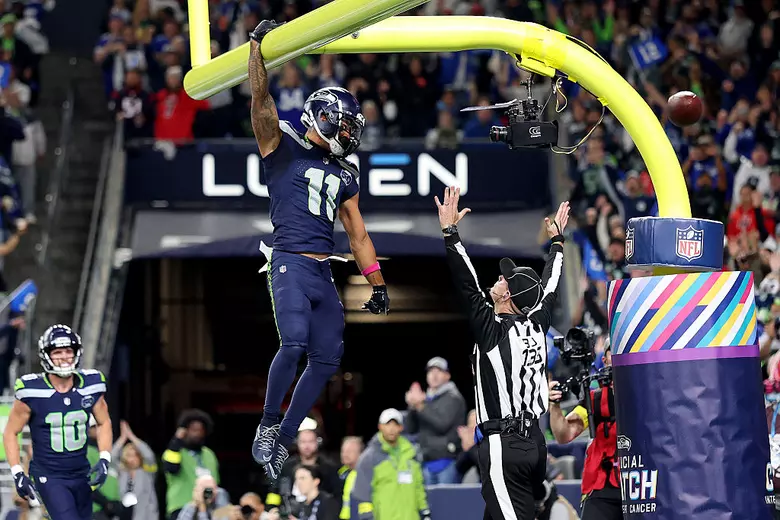
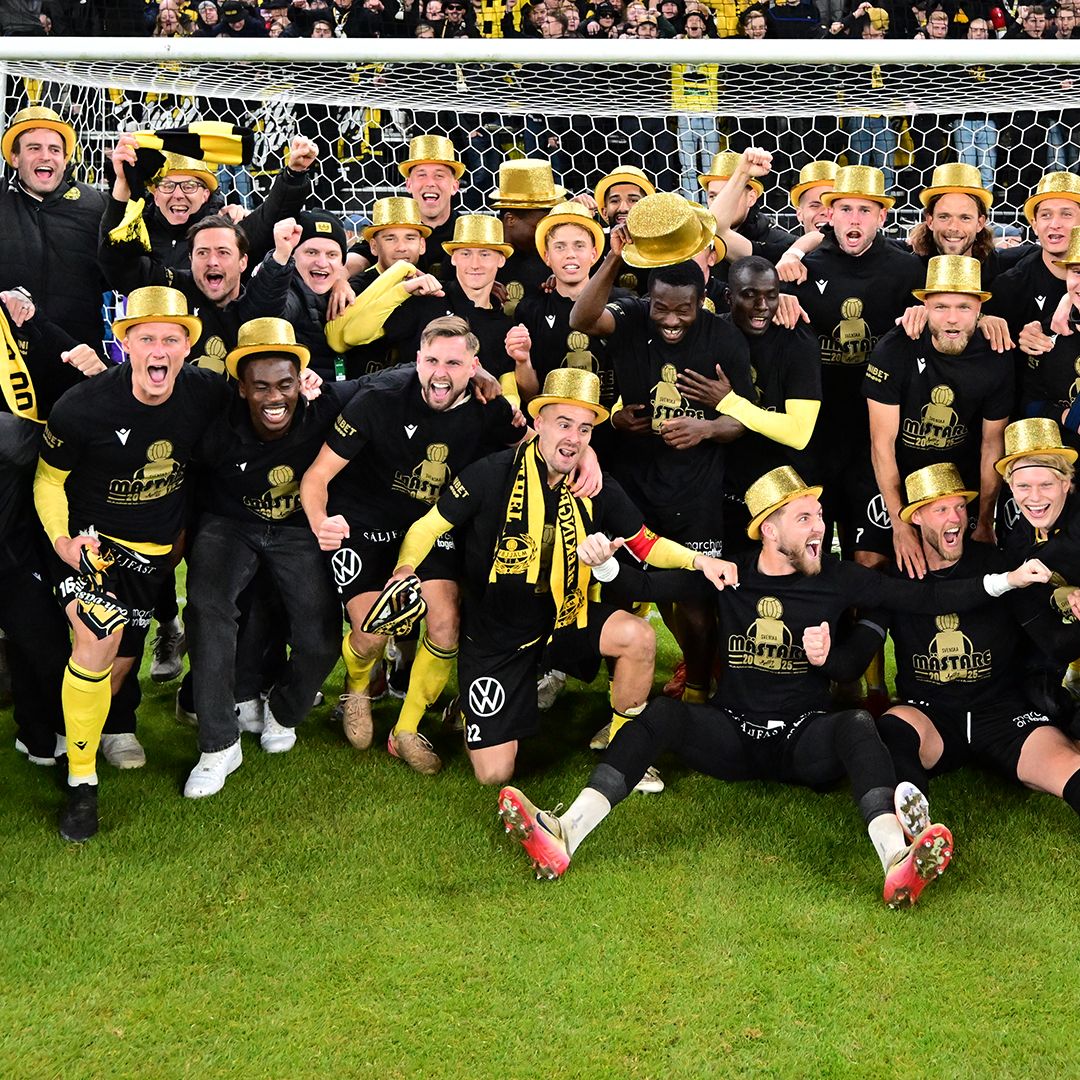
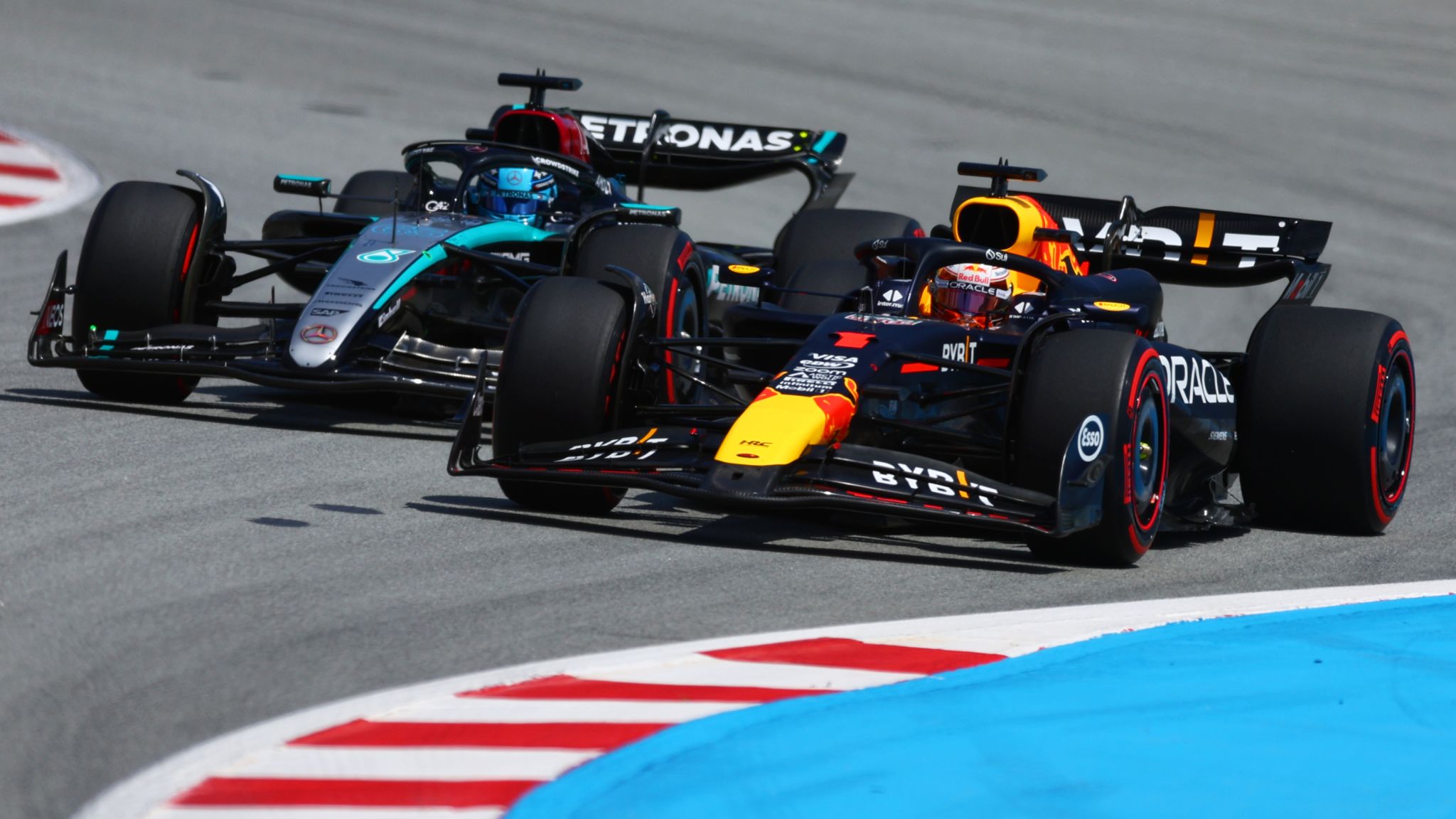

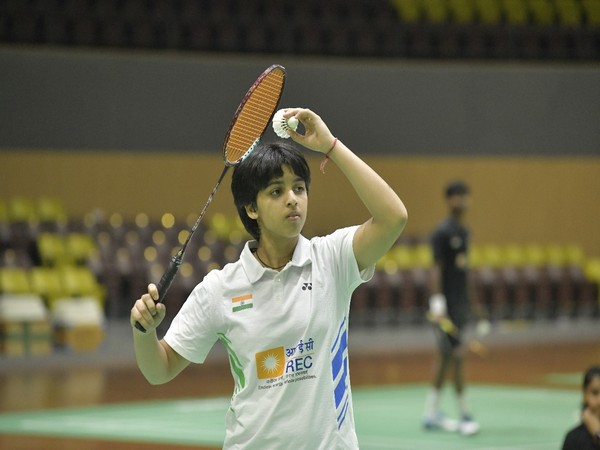
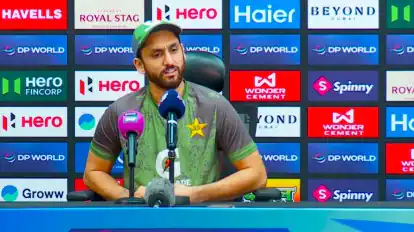
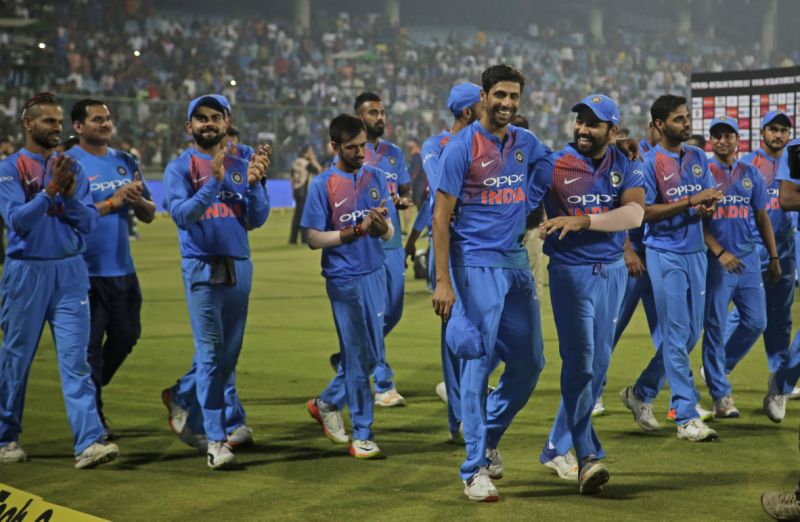
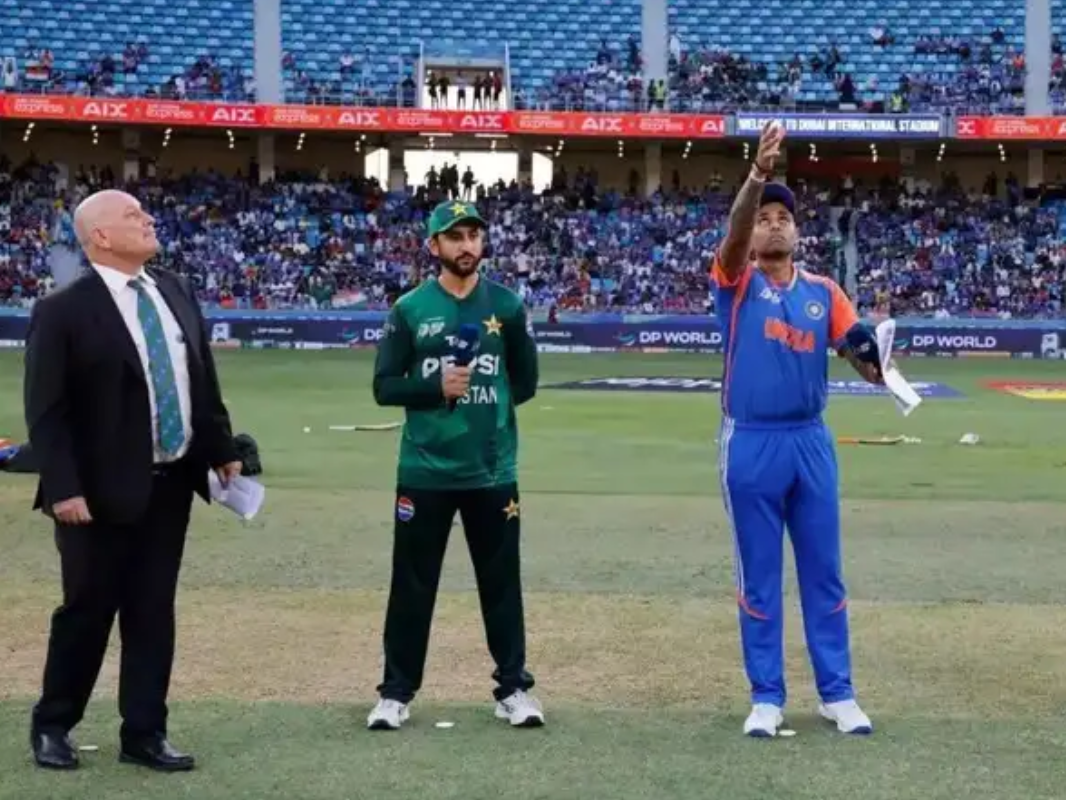
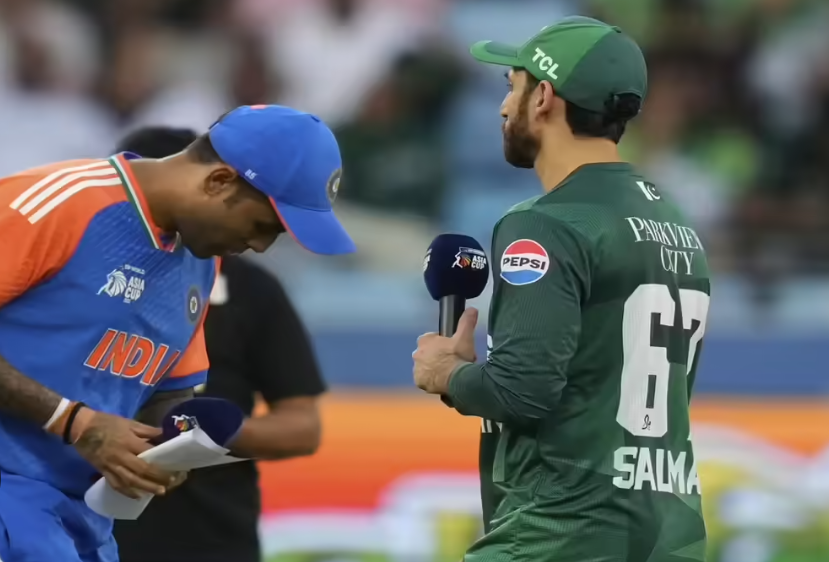
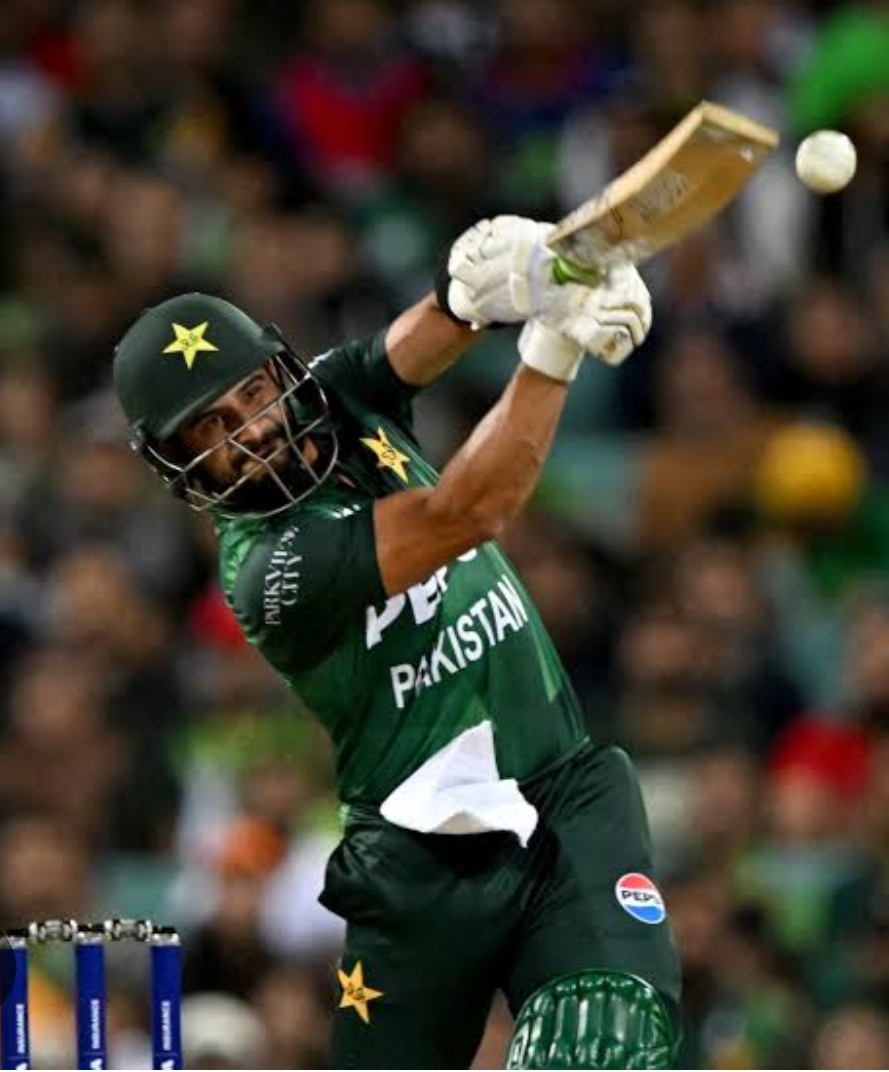
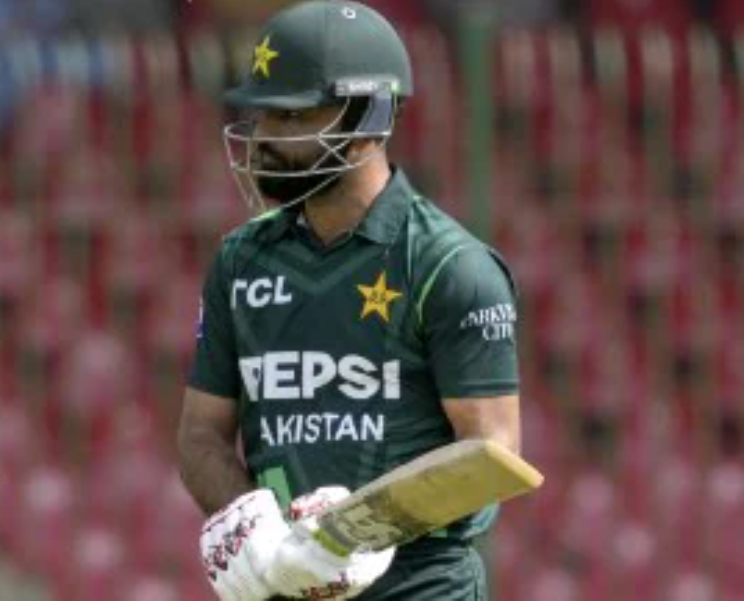





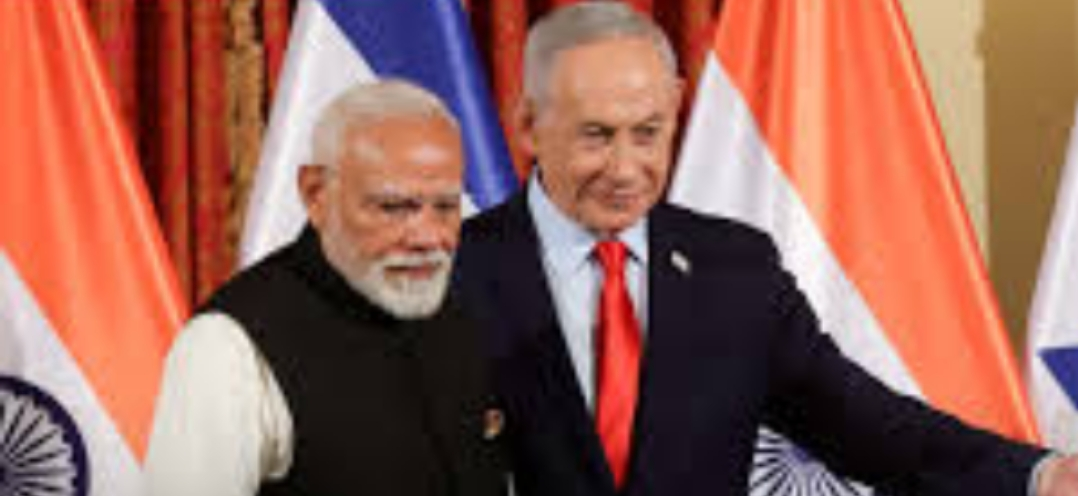
![Smoke rises after Israeli strikes in Beirut's southern suburbs, on March 2 [Mohamad Azakir/Reuters]](https://america112.com/wp-content/uploads/2026/03/hgh.webp)

